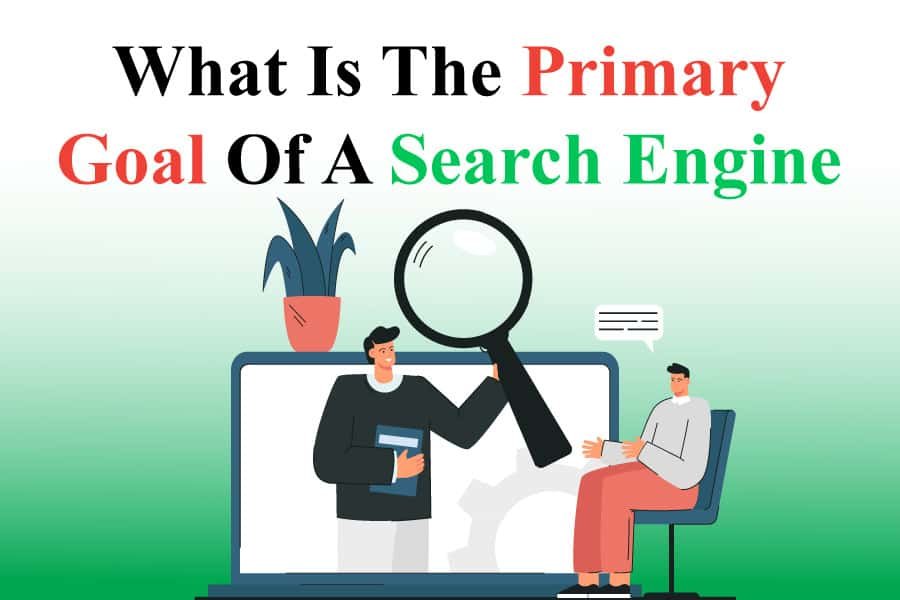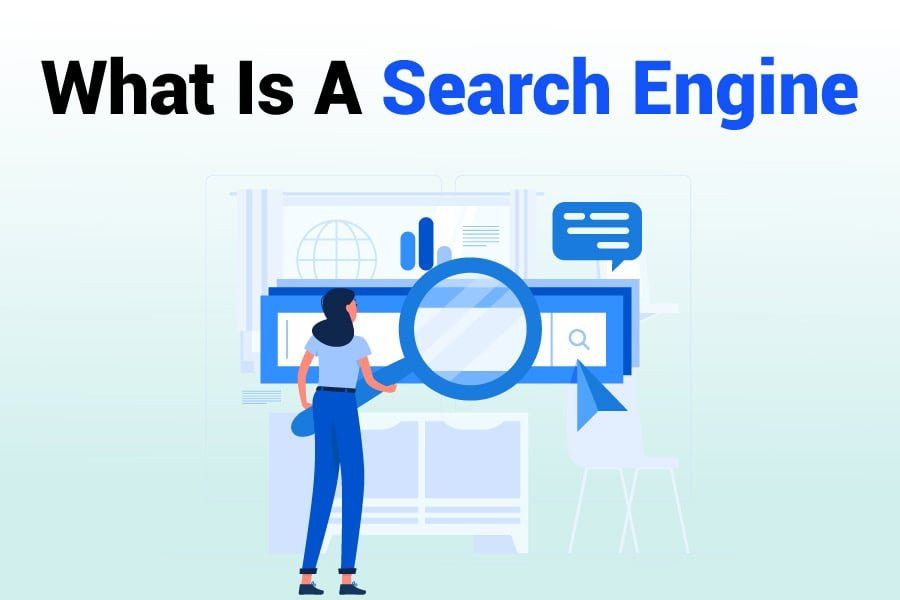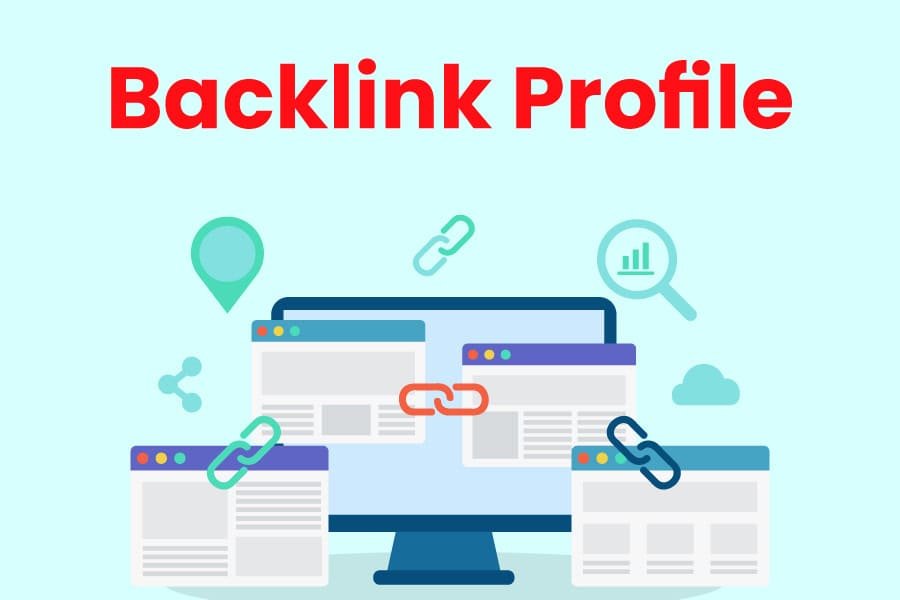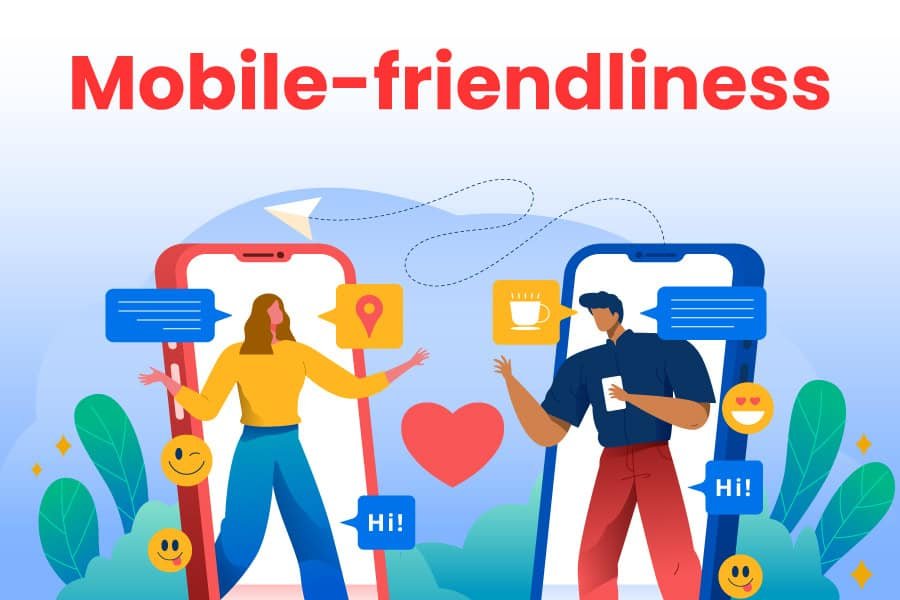
We’re all familiar with search engines and use them almost everyday. But what is the primary goal of a search engine? That’s the question we must ask ourselves.
Are search engines there to serve users, respond to user queries by providing relevant and useful results or something else?
After reading this post, you’ll understand the goal of search engines, the meaning of search engines, top Google search engine ranking factors, and more.
Search engines have gotten more complex over the years. Google keeps rolling out updates that businesses must understand and adopt to stay relevant in the digital space.
Understanding the goal of search engines like Google is paramount in every SEO strategy. It will help you deploy the right strategies to achieve online success.
Here’s a summary of what we’ll discuss here:
- The primary goal of search engines
- The meaning of search engines
- Names of popular search engines
- Ranking factors search engines like Google uses
What Is The Primary Goal of A Search Engine?
Search engines like Google aim to provide the most relevant, high-quality, and valuable results matching users’ search queries.
In other words, when a user enters a specific keyword or search term in the search box of a search engine and hits “search,” search engines ensure the websites, forums, and images that appear in the SERP (search engine result page) provides the results that match the keyword entered into the search box.
Google wants to ensure its users get the best results to solve their problems. As you may already know, Google search engine uses a range of factors to rank websites. So, it has an idea of the most valuable results for a search query.
What Is A Search Engine?

Search engines are sophisticated software or programs designed to scour the internet and provide results that match a user’s search query. The search query can be a keyword, question, or brand name.
How do search engines produce search results so fast?
Search engines have what they call crawlers. They crawl web pages, follow links, and index the content on the webpage.
The indexed content is then stored in a massive database, making retrieving it easier when a user enters a search query in the search engine.
Through search engine optimization, a website can rank higher in search engine results pages. Search engines prioritize websites with high quality content, backlinks and other factors to rank websites
Examples of Popular Search Engines

Google is so popular that some assume it’s the only search engine. When someone says “Google it,” they are asking only you to use a search engine to find the information.
That’s how popular Google is. It has approximately 92% marketing share, making it the biggest search engine.
Other popular search engines exist besides Google. Check them out below:
- Yahoo
- Bing
- Microsoft
- Baidu
- Brave Search
- DuckDuckGo
- Ecosia
- OneSearch
- Swisscows
- Wiki.com
- Startpage
- SearX
- Haystak
- Gibiru
- Ekoru
- BroadReader
7 Most Important Ranking Factors Google Search Engine Considers When Ranking Websites

Google won’t rank your website high in the SERP if your content isn’t valuable to users’ search queries. In addition, Google search engines will never rank your website or content high in the SERP if they don’t think your content is high-quality.
Another thing you must understand is that Google considers a wide range of factors when ranking websites.
Google uses over 200 factors to rank websites. However, some of the ranking factors SEO experts claim are the search engine giant hasn’t confirmed Google’s ranking factors. They are mere observations, though some are backed up by data.
Here are the ten most important Google ranking factors to take seriously:
1: Quality of your content:

Google can tell if your content is high-quality and relevant via dwell time and bounce rate. The dwell time considers the amount of time a visitor from the search engine spends on a page before returning to the search engine result page.
A high dwell time indicates that your content is high-quality and valuable, as users enjoy it. A low dwell time is the opposite.
A handy Tip: Google will rank fresh content and 100% unique higher in its search engine. So, producing original content will positively impact your SEO.
Google will never rank duplicate content or content similar to other online content. It doesn’t see any value in ranking content that already exists higher.
It will be a waste of time for users, who Google knows are super busy and treasure their time.
Like other search engines, Google wants users to find the best content. It wants users to find valuable content that will best solve their problems or answer that burning question in their hearts.
Additionally, proper optimization will not push poorly written content to the top of search engine result pages. SEO only matters or can impact your search ranking when performed on high-quality content.
When writing content, be ready to please users and search engines. Google search engine won’t read your content verbatim. It will only depend on your keywords to understand the context of your content.
Users don’t care about the keyword you’re targeting. It’s the quality of the content they care about. So, ensure your content is high-quality and well-optimized to appeal to search engines, including potential customers.
2: Backlink profile:

Backlinks serve as a vote of confidence for your site. Thus, the more high-quality and niche-relevant backlinks you have, the higher your website will rank in SERPs.
In other words, a website with a few numbers of backlinks or inbound links will be buried deep down in search engine results.
Google places more emphasis on the quality of your backlink than the quantity. A few niche-relevant and high-quality backlinks will have far more impact on your website’s ranking than hundreds of poor-quality and irrelevant backlinks.
A Handy Tip: Niche-relevant backlinks comprise links from websites that write on the same or related topics as yours. An example is a sports website getting backlinks from other sports websites. Both talk about sports, so links from either website would be relevant.
Another thing to consider when acquiring backlinks is the website from which you get the links. Are the sites spam-free? Do they follow SEO best practices?
Furthermore, if you know you have poor-quality and irrelevant links, disavow them. When you disavow a link, it will no longer impact your search ranking.
Backlinks aren’t obsolete. They are relevant and considered one of Google’s major ranking factors. So, acquire high-quality and niche-relevant backlinks for your website to boost your ranking.
Another tip I would like to share about backlinks is to acquire backlinks from diverse sources. Your backlinks can come from websites, forums, blogs, etc. Get your backlinks from various sources.
Furthermore, acquire both no-follow and do-follow backlinks. You can make it 60% do-follow to 40% no-follow backlinks. Google knows all backlinks can’t be do-follow. It knows some authority websites don’t give do-follow links.
The pace at which you’re building the backlinks also matters. Google’s search engine knows that backlinks are time-consuming and tedious to build. Google knows building hundreds of backlinks overnight is impossible.
So, build your backlinks gradually. Give the Google search engine the impression that your website is slowly gaining popularity. This alone will make the search engine giant see your backlinks as valuable.
3: Content relevance and search intent:

Content relevance is a crucial ranking factor. It takes into account how well your content matches users’ search intent.
What is search intent? It involves the particular thing users are trying to achieve with their searches.
- Are the users interested in buying a product or ordering a service to solve a problem?
- Are the users seeking information to help them understand a concept better?
- Are the users interested in learning more about performing a specific task?
4: Website loading speed:

In May 2021, Google made website load speed one of its Core Web Vitals. So, website loading speed is a major ranking factor, directly impacting the website’s user experience.
Website load speed involves how fast your website loads its content, such as fonts, images, text, etc. It includes how fast users can have access to your content.
A website load speed of 0-2 seconds is well appreciated. Three seconds is a reading loading time. However, remember that every second increase in load speed will reduce the conversion rate.
People dislike websites that take forever to load. They would rather run straight into the arms of competitors than spend time waiting for a site to load its content.
Users also perceive websites with poor loading speeds as poor quality. They believe such sites are poorly maintained, hence the disappointing loading speed.
Google wants websites to load faster so users can access the content quickly. So, it appreciates sites that load in under half a second. Yes, Google wants your site to load in under half a second.
Improving your website load speed will positively impact your ranking. So, ensure your website loads faster than your competitors.
5: Mobile-friendliness:

Is your site mobile-friendly? In other words, can it display its content on a mobile phone regardless of screen size or type, as it shows on a desktop? If yes, then your site is mobile-friendly.
Google started its mobile-first campaign in 2019 and hasn’t held back. It made mobile-friendliness a major ranking factor.
Today, there are more mobile phones than people worldwide, which will only increase in the coming years. So, most of your traffic will come from mobile searches, as most people are more comfortable accessing the World Wide Web on their mobile phones.
You can make your WordPress mobile-friendly by installing a theme that will make your site mobile responsive or install a plugin to make your WordPress website more mobile-friendly.
6: Keyword use:

Search engines, such as Google, operate based on keywords. Keywords are the search terms for information, products, services, answers, and images online.
For instance, a person looking for the best shoe brand to purchase in New York City can use the keyword “Best show brand in New York City.”
When the user searches Google with the keyword, the search engine will display several results that are considered a perfect match for the search query.
Google’s search engine will display results based on websites optimized for the keyword.
In other words, if you target the keyword “Best show brand in New York City” and optimize your content properly, Google will not only ensure you appear in the SERP but rank high.
Proper keyword research is essential in SEO. Remember, Google will rank your site based on the target keyword. Additionally, after conducting keyword research, ensure your content is related to your keyword.
A Handy Tip: Use long-tail keywords. They may have lower search volume than short-tail keywords, but they will ensure you rank easily.
Here are the keyword optimization steps you should take.
- Include your keyword at the beginning of your title tag.
- Write a captivating meta description and include your focus keyword to let users and search engines know what your content is about.
- Optimize your images. Note that the Google search engine cannot read pictures.
- Avoid keyword stuffing. It can hurt your SEO.
- Include your primary keyword in your URL
7: Website security:

Google appreciates websites that provide a good user experience. The search engine giant wants people using its search engine to have a reason to keep using it.
Making your website secure for users ensures a good user experience. In 2014, Google even clarified that website security is a ranking signal.
How do you secure your website? Use the HTTP protocol to protect the data transferred between your website and users’ browsers.
If your website doesn’t have an SSL certificate, now would be a great time to consider getting it. Secure your website to boost your chance of ranking high in SERP.
Conclusion
So, what is the primary goal of a search engine? The primary goal of Google’s search engine and others is to ensure that users can have access to valuable content that matches their search queries.
Google wants a great user experience for all its users. It wants people to have access to the ideal content, service, or product, based on their search queries. The search engine giant wants users to find results that match their search query.
So, ensure your content is top-quality before publishing. Don’t focus on search engine optimization and neglect the quality of your content. Visitors will not read your keyword or know how well-optimized your content is. That’s something for search engines to decide. Make your content appealing to search engines and potential visitors.
